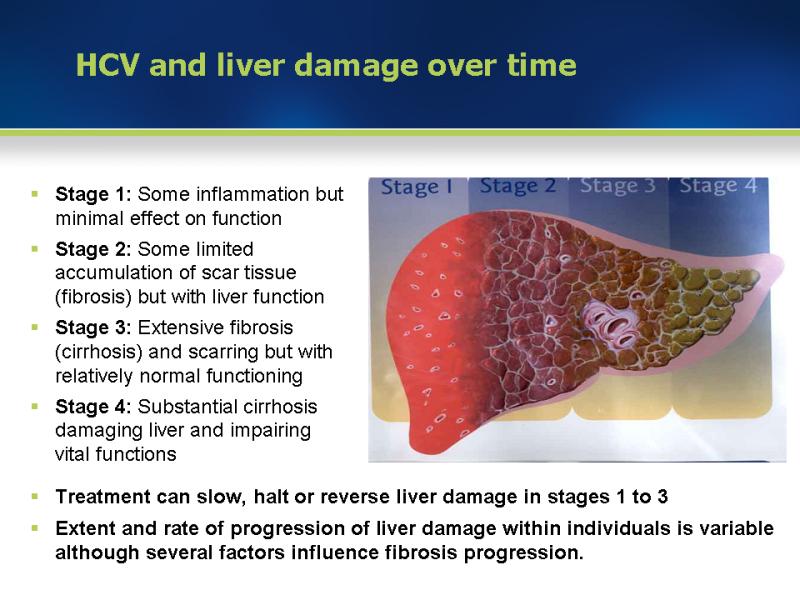What are some liver disease symptoms?
Liver disease can manifest with various symptoms, and the severity and nature of these symptoms can vary depending on the specific liver condition. It's important to note that some liver diseases progress silently, without noticeable symptoms, especially in the early stages. However, common symptoms of liver disease may include:
Jaundice:
- Yellowing of the skin and eyes is a classic symptom of liver dysfunction. It occurs when there is a buildup of bilirubin in the blood, which the liver normally processes and excretes.
Fatigue:
- Generalized weakness and fatigue can be a symptom of liver disease. The liver plays a crucial role in energy metabolism, and its dysfunction may lead to reduced energy levels.
Abdominal Pain and Swelling:
- Pain or discomfort in the upper right side of the abdomen may occur. Swelling or fluid retention in the abdomen, known as ascites, can also be a sign of advanced liver disease.
Unexplained Weight Loss:
- Significant and unexplained weight loss can be a symptom of liver disease. This may be due to a loss of appetite or changes in metabolism.
Dark Urine:
- Dark-colored urine, often described as brown or tea-colored, can indicate liver problems. This can result from the presence of bilirubin in the urine.
Pale Stools:
- Stools that are unusually light or pale in color may be a sign of liver dysfunction. The liver contributes to the production of bile, which gives stool its characteristic brown color.
Itchy Skin:
- Intense itching (pruritus) can be a symptom of liver disease. The accumulation of bile salts under the skin may lead to itching.
Nausea and Vomiting:
- Persistent nausea and vomiting can occur in liver disease. This may be related to a buildup of toxins in the body.
Loss of Appetite:
- A reduced appetite or aversion to food is common in liver disease. This can contribute to weight loss.
Easy Bruising and Bleeding:
- Liver disease can affect blood clotting factors, leading to easy bruising and prolonged bleeding.
Spider Angiomas:
- Spider angiomas are small, dilated blood vessels that appear close to the surface of the skin. They can be a visible sign of liver disease.
Confusion or Cognitive Impairment:
- In advanced liver disease, a condition known as hepatic encephalopathy can occur, leading to confusion, cognitive impairment, and in severe cases, coma.
It's important to recognize that these symptoms can be associated with various liver conditions, including viral hepatitis, alcoholic liver disease, nonalcoholic fatty liver disease (NAFLD), cirrhosis, and liver cancer. If you experience persistent or worsening symptoms, it is crucial to seek medical attention for a proper diagnosis and management. Liver diseases are diverse, and early detection and intervention can significantly impact outcomes.
What are common symptoms of liver disease, and when should they be addressed?
Common symptoms of liver disease include:
- Jaundice: This is a yellowing of the skin and eyes caused by a buildup of bilirubin, a waste product that is normally processed by the liver.
- Fatigue: This is a feeling of tiredness or weakness that is not relieved by rest.
- Dark urine: This is caused by a buildup of bilirubin in the urine.
- Light-colored stools: This is caused by a decrease in the amount of bile being produced by the liver.
- Abdominal pain and swelling: This can be caused by fluid buildup in the abdomen or by an enlarged liver.
- Itching: This can be caused by a buildup of bile salts in the skin.
- Loss of appetite: This is often caused by nausea and vomiting.
You should see a doctor if you have any of these symptoms, especially if they persist for more than two weeks.
How do liver disease symptoms vary, and what diagnostic steps are typically taken?
Liver disease symptoms can vary depending on the type and severity of the liver disease. For example, people with acute liver failure may experience sudden and severe symptoms, such as jaundice, confusion, and coma. People with chronic liver disease may experience more gradual symptoms, such as fatigue, abdominal pain, and swelling.
To diagnose liver disease, a doctor will typically ask about your medical history, perform a physical exam, and order blood tests. Blood tests can be used to measure liver enzymes, bilirubin, and other markers of liver function.
If the blood tests are abnormal, the doctor may order additional tests, such as:
- Imaging tests: These tests, such as ultrasound, CT scan, and MRI, can be used to create images of the liver to look for abnormalities.
- Liver biopsy: This is a procedure in which a small sample of liver tissue is removed and examined under a microscope.
Are there lifestyle factors or risk factors associated with the development of liver disease symptoms?
Yes, there are a number of lifestyle factors and risk factors associated with the development of liver disease symptoms. These include:
- Excessive alcohol consumption: Alcohol is a major cause of liver damage.
- Obesity: Obesity can increase the risk of developing non-alcoholic fatty liver disease (NAFLD), which can lead to liver damage.
- Viral hepatitis: Hepatitis A, B, and C are viral infections that can damage the liver.
- Autoimmune hepatitis: This is a condition in which the body's immune system attacks the liver.
- Medications and toxins: Certain medications and toxins can damage the liver.
If you have any risk factors for liver disease, it is important to see a doctor regularly for checkups and monitoring.













